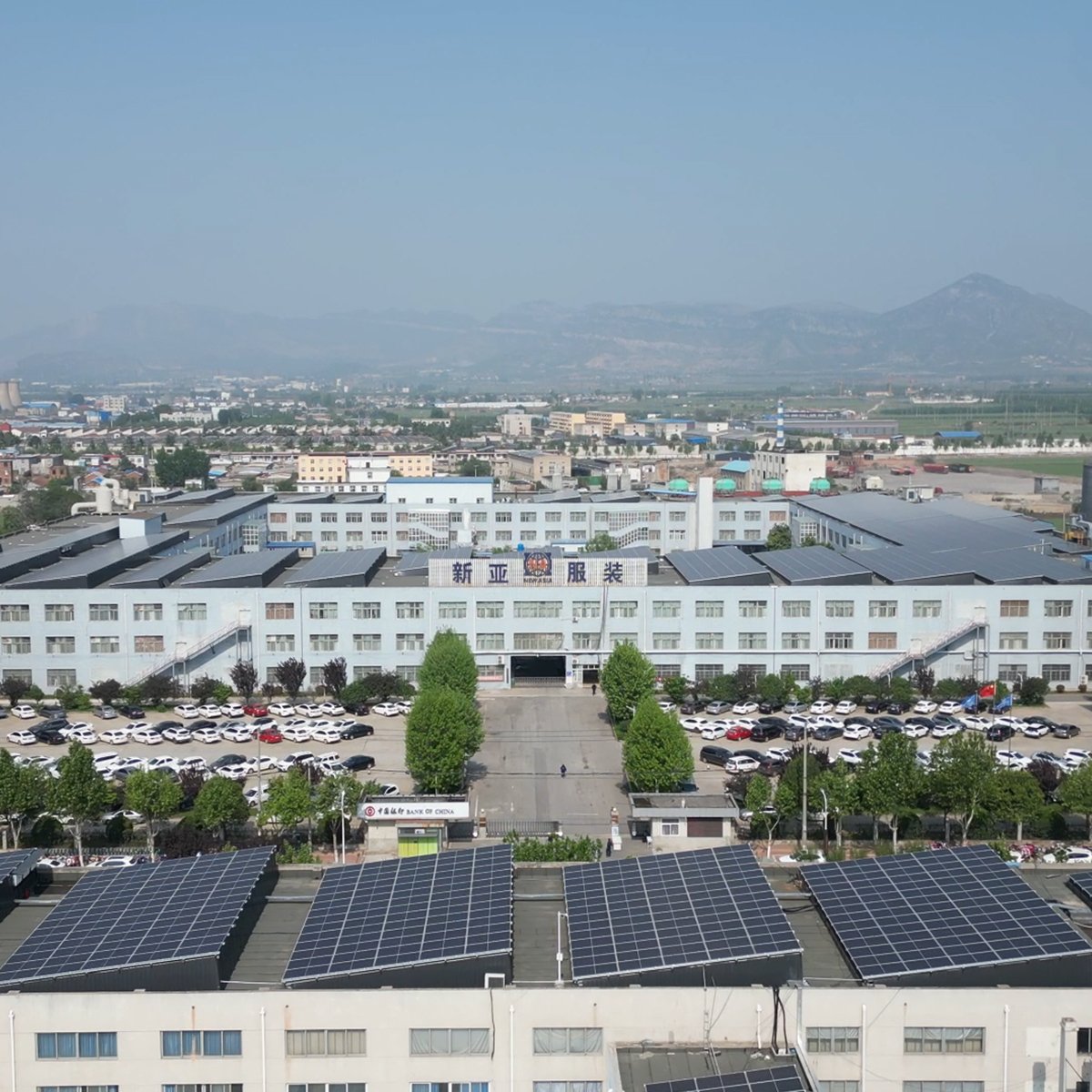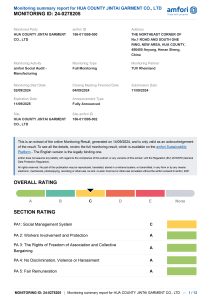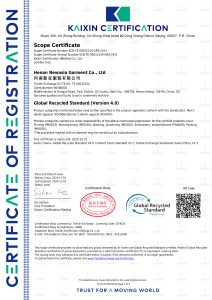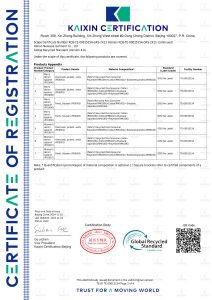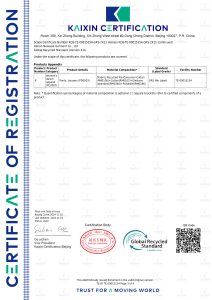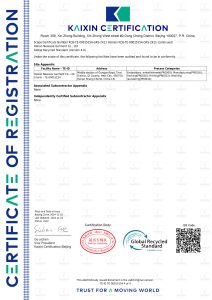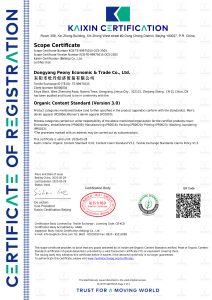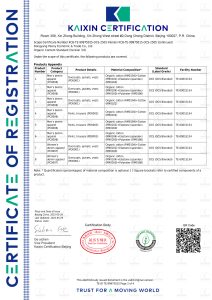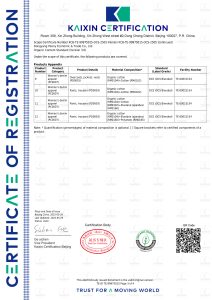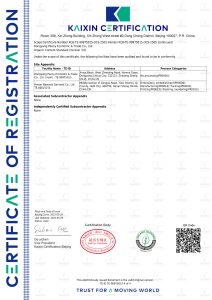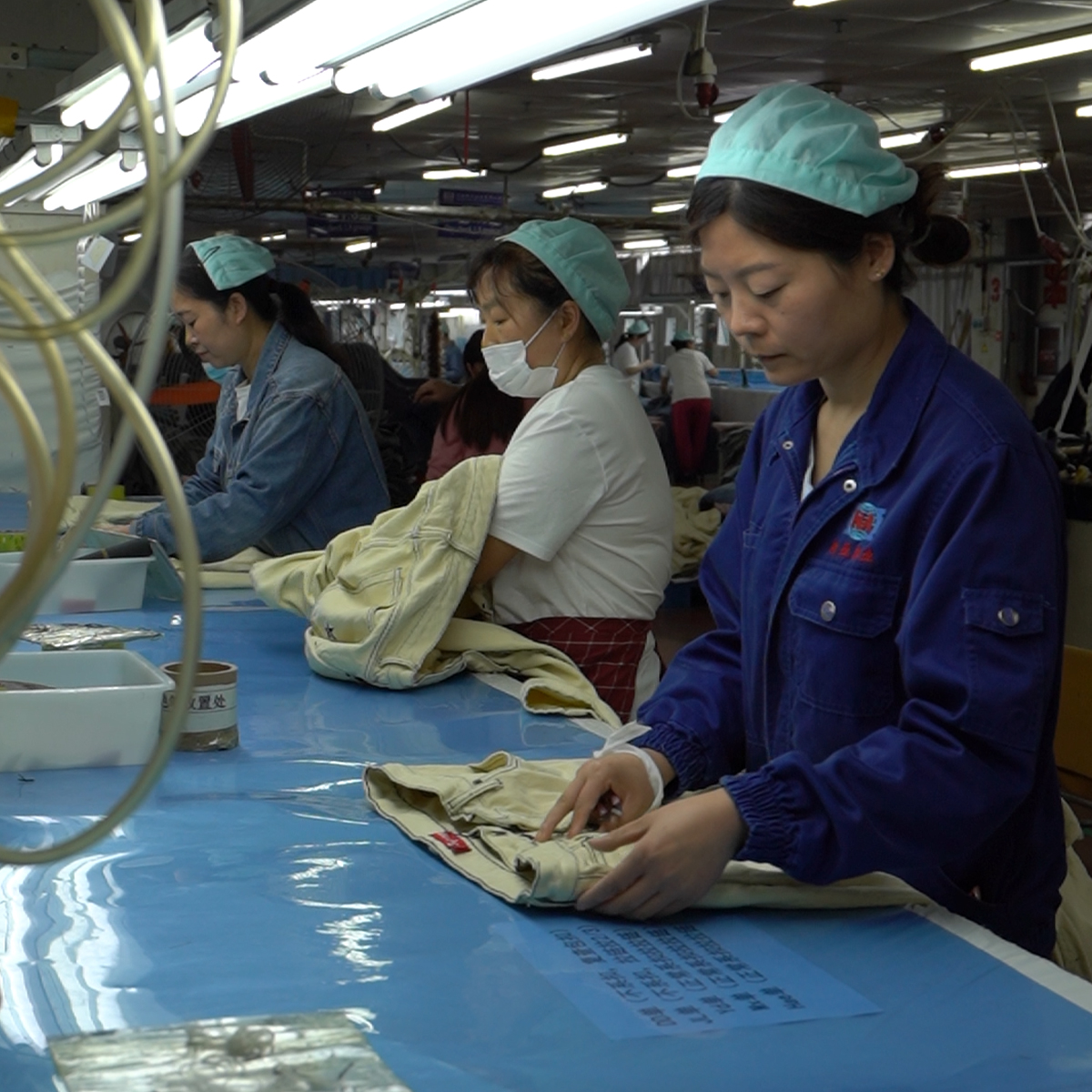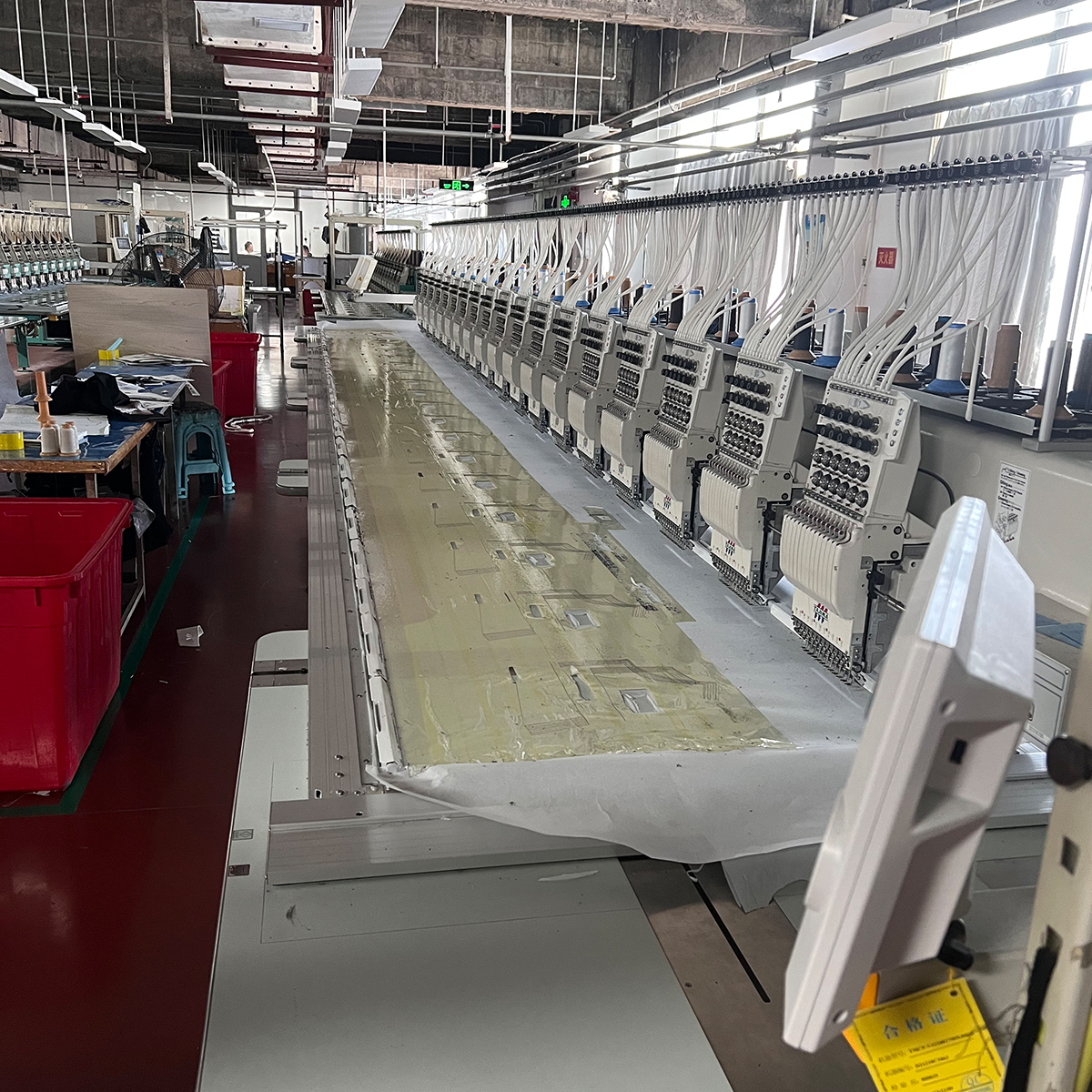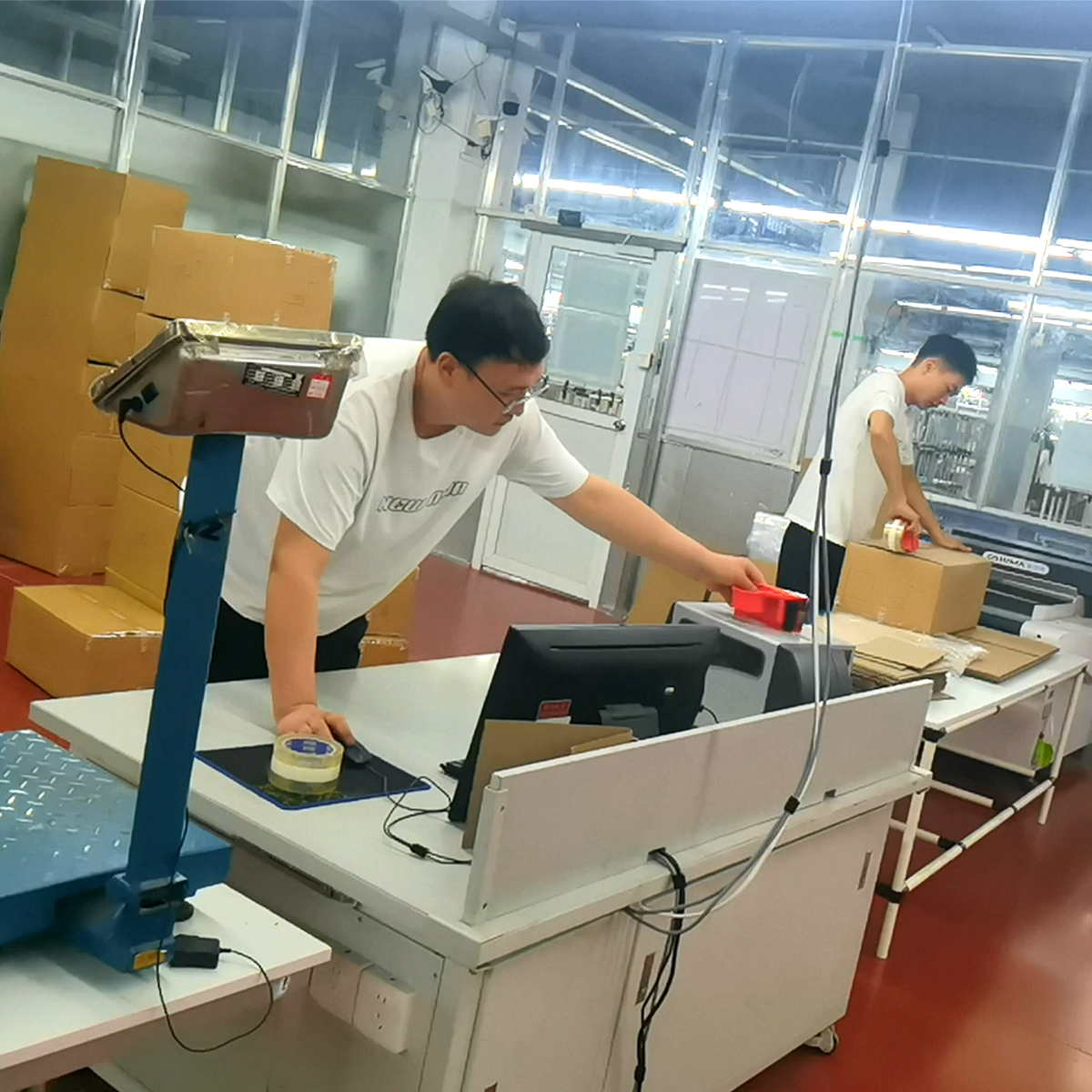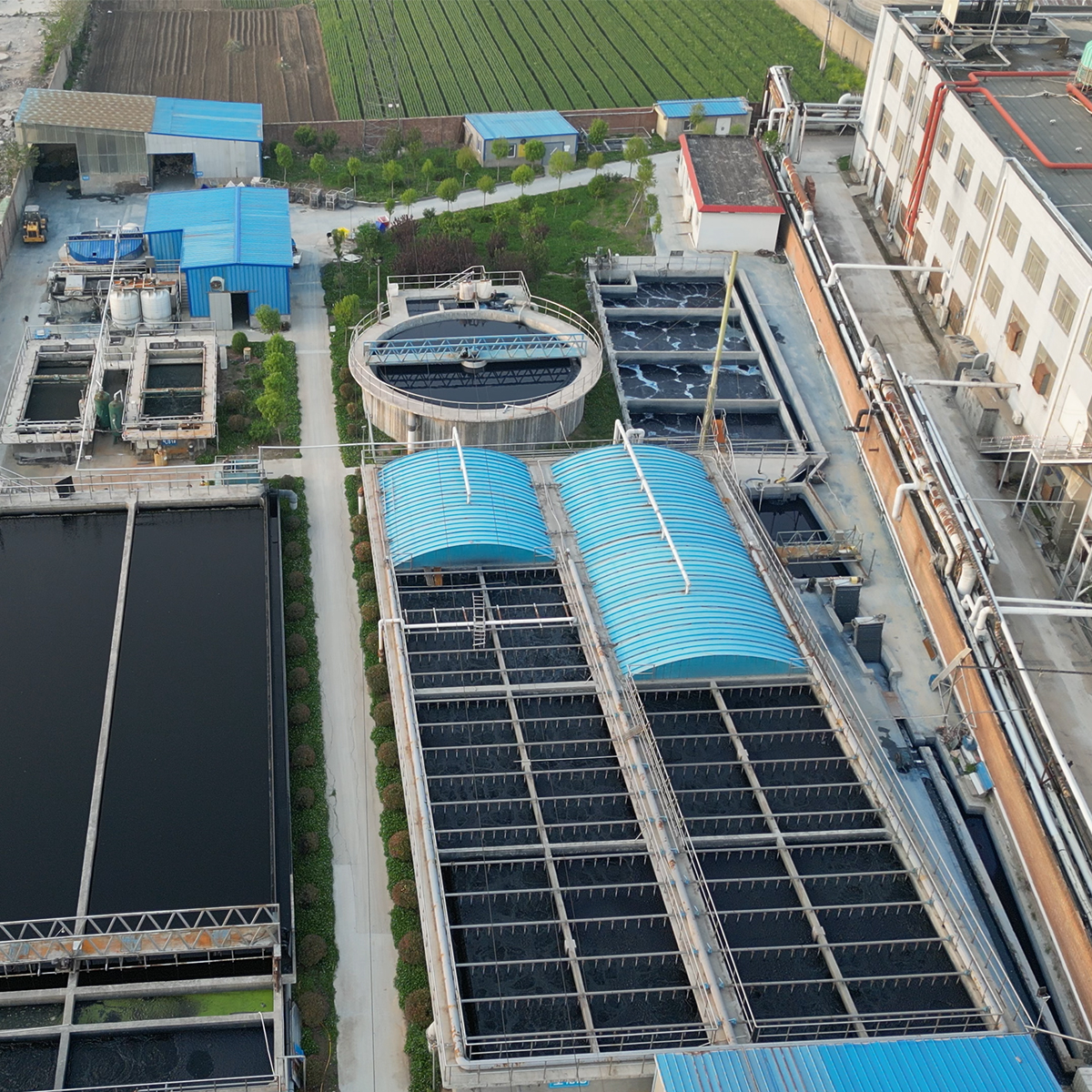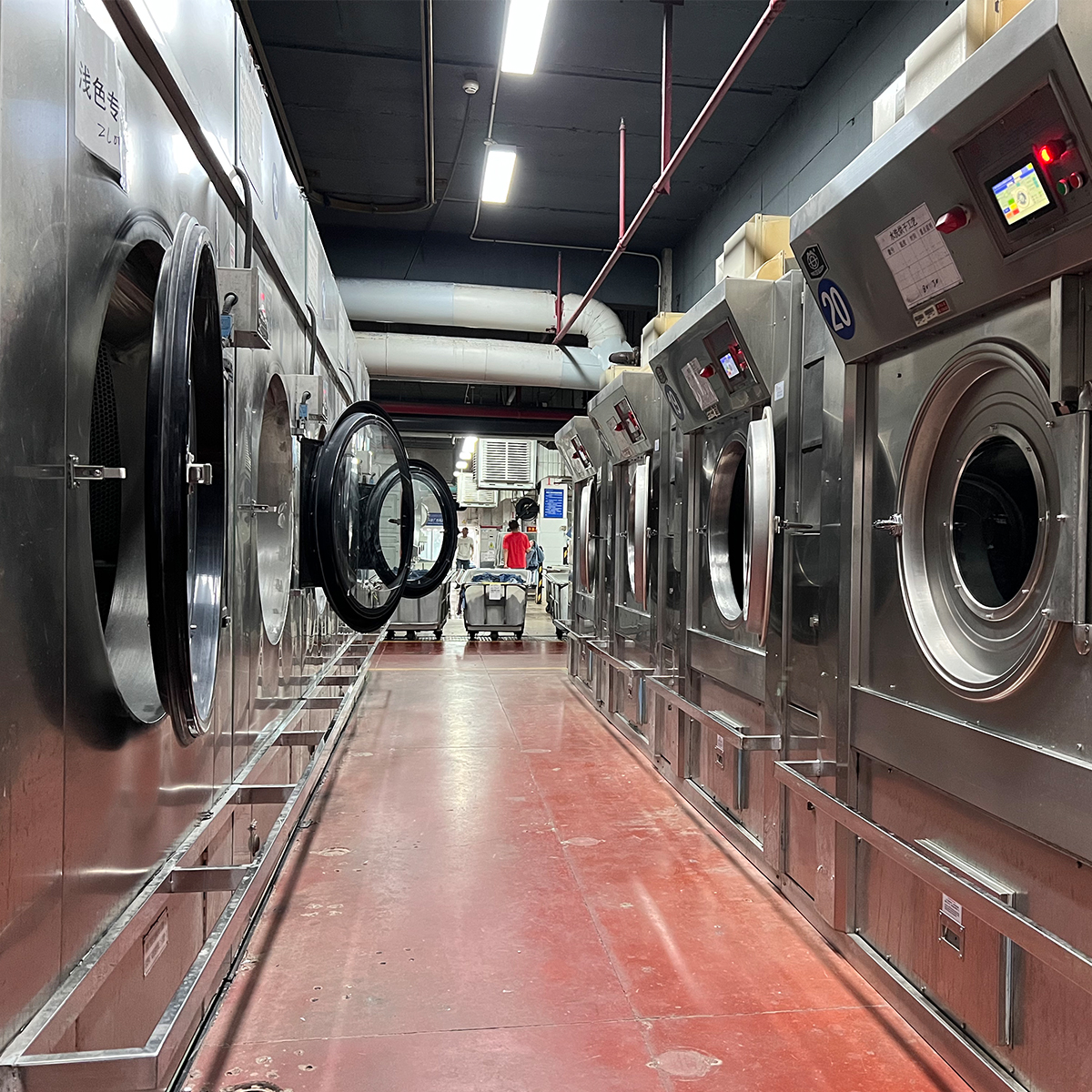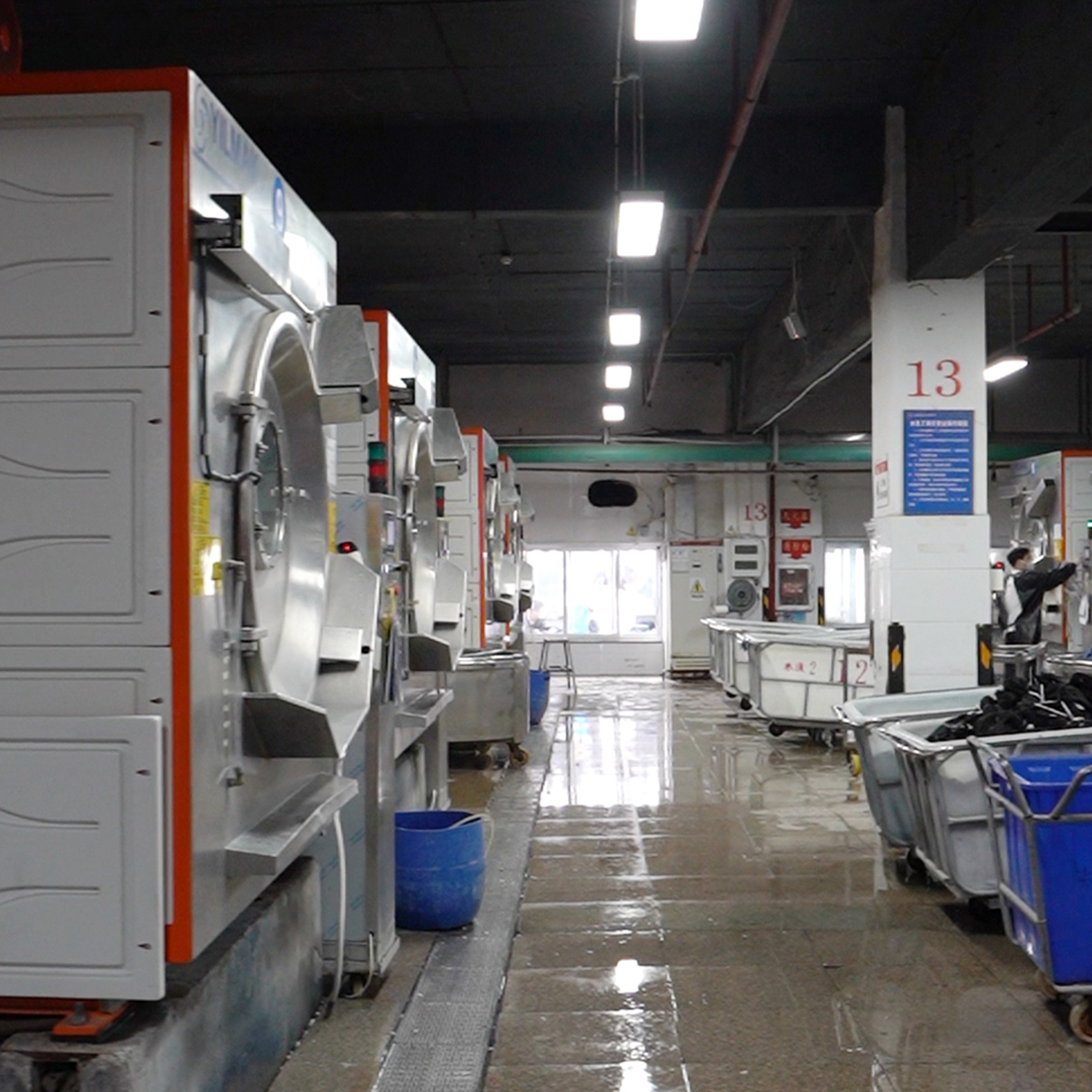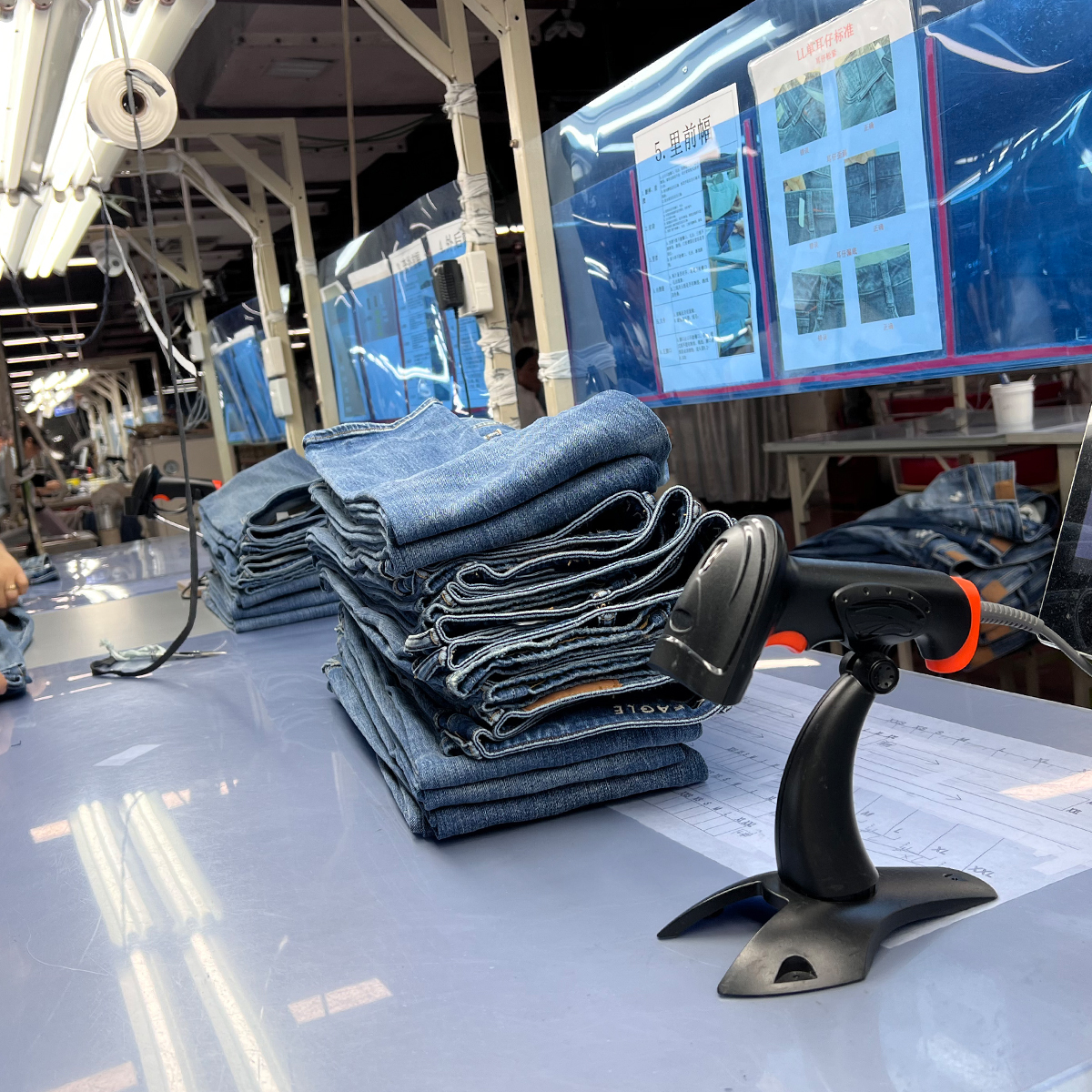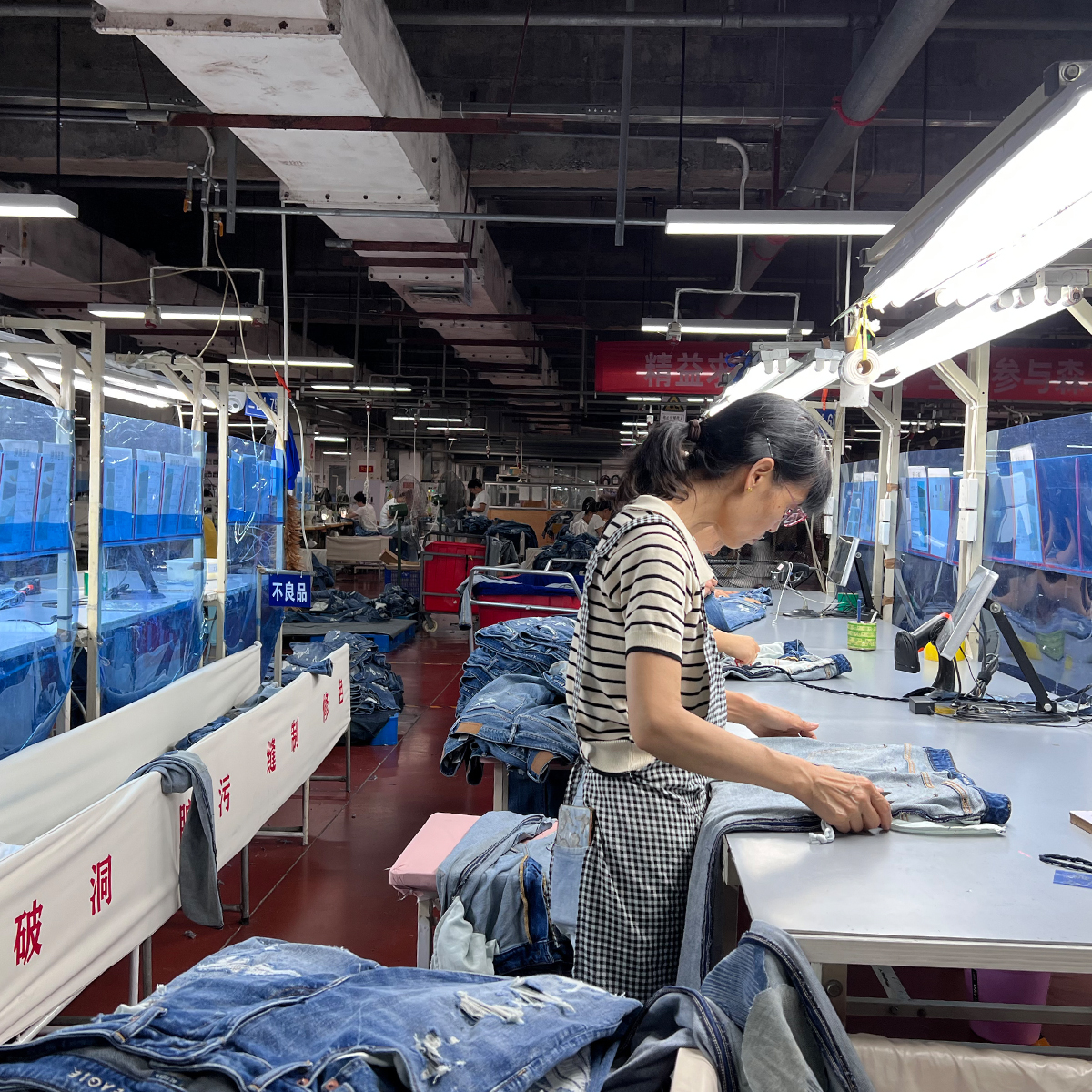Denim, a sturdy cotton twill fabric, has become a global fashion staple that embodies style, comfort, and versatility. In India, the denim industry has thrived, with New Delhi emerging as a vibrant hub for denim production and innovation. The Denim Manufacturers Association (DMA) of New Delhi plays a critical role in the growth and development of this vital sector. This article explores the DMA, its significance, members, and the future of denim manufacturing in India.
The Denims Industry Landscape in India
The denim industry in India has witnessed remarkable growth over the past few decades. According to industry reports, India is one of the largest producers and consumers of denim fabric in the world. With a market size of over $15 billion, denim is an integral part of the Indian textile landscape, catering to both domestic and international markets.
Key Drivers of Growth
- Rising Fashion Consciousness: The increasing global demand for denim products, driven by changing fashion trends and the influence of Western culture, has fueled the industry’s growth.
- Technological Advancements: Continuous innovations in denim manufacturing processes, such as sustainable denim production and eco-friendly dyeing technologies, have enhanced the quality and appeal of Indian denim.
- Export Potential: India’s vast cotton resources and skilled labor force have positioned the country as a prominent player in the global denim market, leading to exponential growth in exports.
The Role of the Denim Manufacturers Association
The Denim Manufacturers Association of New Delhi was established to represent the interests of denim manufacturers and promote the industry. The DMA plays a pivotal role in supporting manufacturers through various initiatives, including:
1. Advocacy and Policy Support
The DMA serves as a liaison between denim manufacturers and government authorities, advocating for policies that favor growth and sustainability in the denim sector. Through active engagement with policymakers, the DMA strives to create a conducive business environment that benefits its members.
2. Networking and Collaboration
One of the DMA’s primary objectives is to foster a sense of community among denim manufacturers. The association organizes regular networking events, seminars, and workshops, facilitating knowledge exchange and collaboration among industry stakeholders. This sense of camaraderie helps businesses learn from each other’s successes and challenges.
3. Research and Development
The DMA encourages research and development initiatives within the denim industry. By collaborating with educational institutions and research organizations, the association aims to innovate denim manufacturing processes and enhance product quality.
Members of the DMA
The Denim Manufacturers Association comprises a diverse group of members, including large-scale manufacturers, small and medium enterprises (SMEs), and related stakeholders such as suppliers of raw materials, dye houses, and retailers. This diversity ensures that all voices within the denim supply chain are heard, and collective interests are represented.
Prominent Members
Some prominent members of the DMA include:
- Arvind Ltd: A leading textile and apparel manufacturer known for its sustainable practices and innovative products.
- Vardhman Textiles: One of the largest textile manufacturers in India, specializing in denim and other woven fabrics.
- Denim Developers: Renowned for their expertise in fashion-forward denim styles and sustainable production methods.
Challenges Facing the Denim Industry
Despite its significant growth, the denim manufacturing industry in India faces several challenges that require attention from all stakeholders, including the DMA:
1. Environmental Concerns
The denim industry is notorious for its water-intensive production processes and high chemical usage. With increasing global scrutiny on sustainability, companies need to adopt eco-friendly practices to minimize their environmental impact.
2. Competitive Landscape
As the global demand for denim continues to rise, competition among manufacturers intensifies. Indian manufacturers must consistently innovate and enhance their production capabilities to stay relevant in this dynamic market.
3. Supply Chain Disruptions
Recent global events, particularly the COVID-19 pandemic, have highlighted vulnerabilities in supply chains. Manufacturers must focus on building resilience by diversifying their supply sources and enhancing inventory management practices.
The Future of the Denim Manufacturers Association
Looking ahead, the DMA is well-positioned to guide the denim manufacturing industry in India towards a sustainable and prosperous future. The association is committed to:
1. Promoting Sustainability
The DMA plans to launch initiatives aimed at promoting sustainable practices among members. This includes sharing best practices for water and energy conservation, waste reduction, and the use of eco-friendly materials.
2. Enhancing Skill Development
Continuing to develop the workforce in the denim industry is crucial. The DMA will collaborate with vocational training institutions to offer programs designed to enhance the skills of workers and ensure that they are equipped to meet the evolving demands of the industry.
3. Expanding Global Outreach
To boost exports, the DMA aims to participate in international trade fairs and exhibitions, showcasing the quality and innovation of Indian denim. By creating a global presence, the association can help its members gain access to new markets and opportunities.
Conclusion
The Denim Manufacturers Association of New Delhi serves as a vital catalyst for the growth of the denim industry in India. Through advocacy, networking, and a commitment to sustainability, the DMA is positioned to support its members in overcoming challenges and seizing opportunities in the global market. The future of denim manufacturing in India looks bright, with the DMA leading the way towards innovation, collaboration, and growth.







